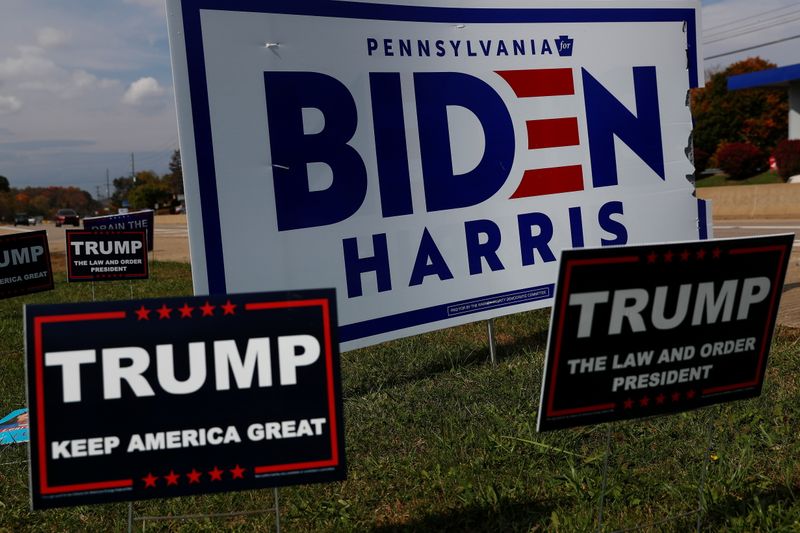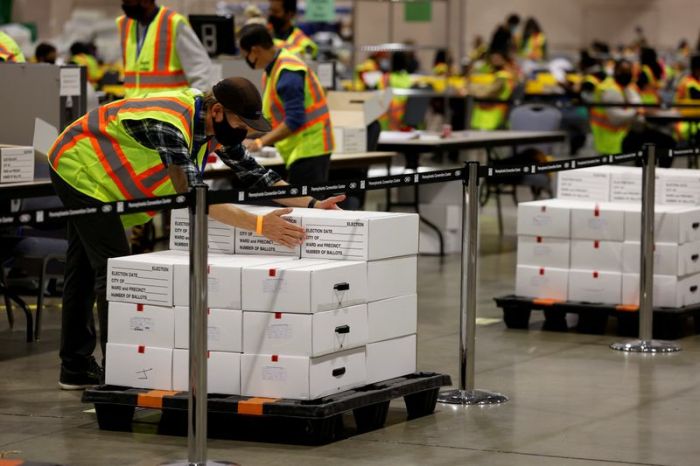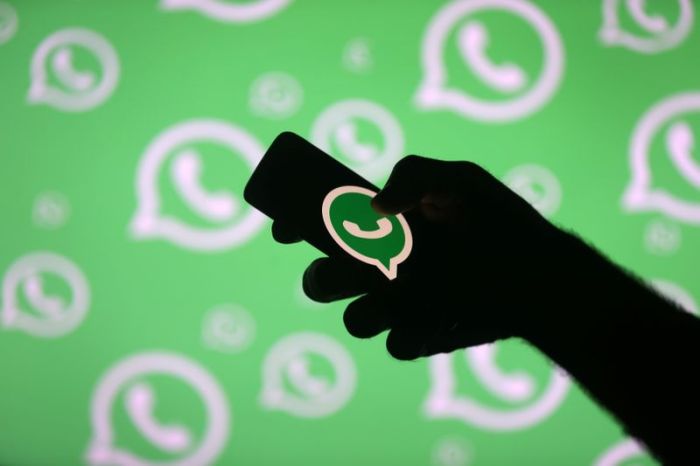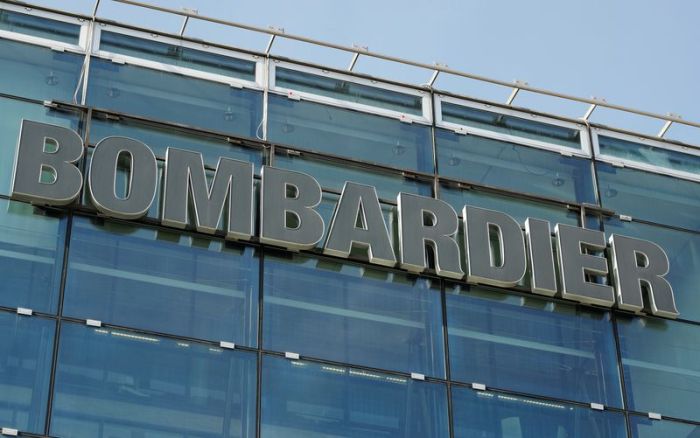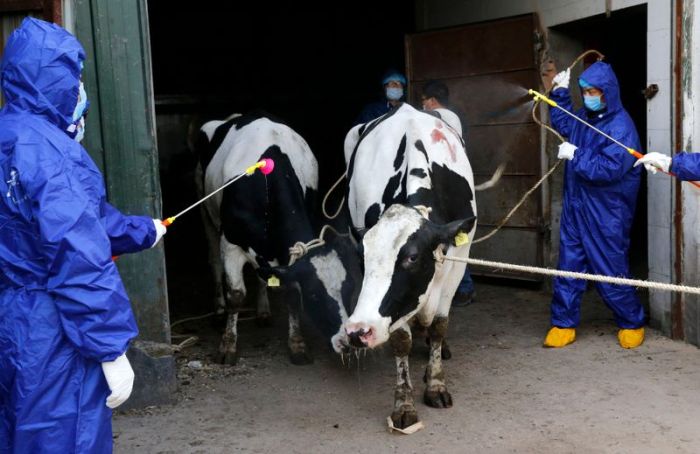OAKLAND, Calif. (Reuters) – At least nine popular YouTube channels were promoting on Thursday debunked accusations about voting fraud in the U.S. presidential race, conspiratorial content that could jeopardize advertising and memberships revenue they get from the video service.
Reuters found the channels, ranging from ones with 1,000 followers to more than 629,000, endorsing claims that fact-checking units of the Associated Press, Reuters and other organizations have deemed false or inaccurate.
YouTube, owned by Alphabet Inc’s Google <GOOGL.O>, has rules that forbid channels using its revenue-generation tools from making “claims that are demonstrably false and could significantly undermine participation or trust in an electoral or democratic process.”
Google said it was reviewing videos from the nine channels as well as others and may suspend ads and membership sales, a penalty commonly known as “demonetization,” if violations are found.
Claiming voter fraud is widespread or that mail-in ballots cannot be trusted would be in violation, but highlighting people who say they experienced voter fraud or making hyperbolic statements about a political party “stealing” the election would not, Google said.
With ballot tallying ongoing in a few states whose results will decide the hotly contested race between Republican President Donald Trump and Democratic nominee Joe Biden, Trump has made unsubstantiated accusations about the Democratic party stealing the election. Trump’s supporters have rallied behind the misinformation on social media and in protests outside vote-counting sites.
Google, Facebook Inc <FB.O> and Twitter Inc <TWTR.N> and others have struggled to guard against the misinformation as millions of posts arrive each day.
Researchers who track misinformation say it is fueled by content creators who see an opportunity to profit from it. Over the last few years, they have pressured YouTube and its advertisers to tighten scrutiny.
Some YouTube advertisers now avoid sponsoring political content. But the membership feature, under which fans pay a few dollars monthly for exclusive content and promotional merchandise, has helped offset lost ad sales.
One of the channels seen by Reuters, John Talks, shared two videos on Thursday about alleged voter fraud in Michigan – a key battleground state in the election that Biden has won – generating more than 90,000 views in eight hours.
Among the claims cited was that wagons, suitcases and coolers were used to smuggle ballots into a counting center. At least three news outlets investigated the claim and determined the items carried food for election workers and camera equipment for a local TV station.
John Talks did not immediately respond to an emailed request for comment.
The liberal online watchdog group Media Matters for America said in a report on Thursday that it found videos making dubious claims post-election have garnered more than 1 million views collectively.
YouTube’s policy on “demonstrably false” election information drew attention on Wednesday when CNBC reported that One American News Network was generating ad revenue from its YouTube video prematurely declaring Trump the winner. YouTube said it would not remove the video, but stopped running ads on it.
Trump’s talk of fraud has created opportunity for his critics, too. Some popular YouTube channels, which run ads and sell memberships, have generated hundreds of thousands of views on videos rebutting Trump supporters’ claims of voter fraud.
(Reporting by Paresh Dave; Editing by Leslie Adler and Christopher Cushing)

